In a two-day workshop held in Gitega, the political capital, Burundi’s Ministry of Education and Scientific Research gathered key education officials and stakeholders to discuss the country’s education sector and its critical role in national development. Among the key issues raised, Education Minister François Havyarimana and experts highlighted the decline of French language proficiency among students, a trend that is having a broad impact on academic performance across all subjects.
The workshop brought together senior education officials and experts to review a report aimed at improving the country’s educational quality and contributing to its long-term development goals. Havyarimana’s comments underscored a key issue facing Burundi’s education system: the reduction in hours dedicated to teaching French.
According to him, the current curriculum has significantly cut back on French instruction. “Looking at how this language was taught in the past, it is clear that in the current curriculum, the number of hours allocated to French has significantly decreased, and the years spent learning it have also been reduced,” he said. He highlighted that students used to spend thirteen years in general education, but now they only study for twelve years, contributing to a shortened learning experience.
The minister also said that English and Swahili have been added to the primary school curriculum, thus reducing the hours dedicated to the learning of French. “There are also other subjects that were not taught before but are now included in the curriculum, which is beneficial. However, the challenge is that the hours previously dedicated to learning French have been reduced to accommodate these new subjects,” he added.
Havyarimana warned that this reduction in instructional time could affect students’ ability to master French, a language essential for understanding most subjects in Burundi’s education system. “If the impact of this change is not carefully considered, it could affect the mastery of French, which is the language of instruction in all subjects,” he said. He called for a long-term solution to ensure that young people gain a thorough understanding of French, enabling them to succeed academically across subjects.
The concerns raised by the minister align with the findings presented by an expert panel tasked with reviewing Burundi’s education system, identifying its challenges, and proposing long-term solutions to address them. The panel, led by André Nduwimana, recommended reinstating the abolished tenth year of schooling, which they believe would help students spend more time in class and receive the 1,050 instructional hours annually recommended by UNESCO. Nduwimana noted that, in Burundi, students currently receive about half of that amount as reported by Burundi’s press agency ABP.
Echoing the minister’s concern, he said it is unrealistic to expect students to speak French as fluently as those who were educated in the past because classroom hours have been drastically reduced.
The issue of French language proficiency has become more pressing in recent years, with many graduates, even from higher education, struggling to draft official letters or engage in conversations in French. These language difficulties are further compounded by broader challenges facing the education sector, including widespread teacher shortages, inadequate facilities, and high dropout rates, particularly in rural areas, where poverty and a lack of motivation among students—who see that those who studied before them end up unemployed—lead to a growing questioning of the importance of education.
The Federation of National Education and Teaching Unions of Burundi (FENASSEB) reported in January that more than 10,000 additional teachers are needed to meet the demand. “The overcrowding of classrooms, coupled with inadequate facilities, is severely affecting students’ ability to learn,” said FENASSEB president Antoine Manuma. Many students are forced to sit on the floor due to a lack of desks, exacerbating the issue.
Despite its official status, French is facing increased challenges as other languages like English and Kiswahili also vie for space in the curriculum. While Kirundi serves as the mother tongue and an official language, French remains pivotal in government and education. English, added as an official language in 2014 to align with the East African Community, remains less commonly spoken among the general population.

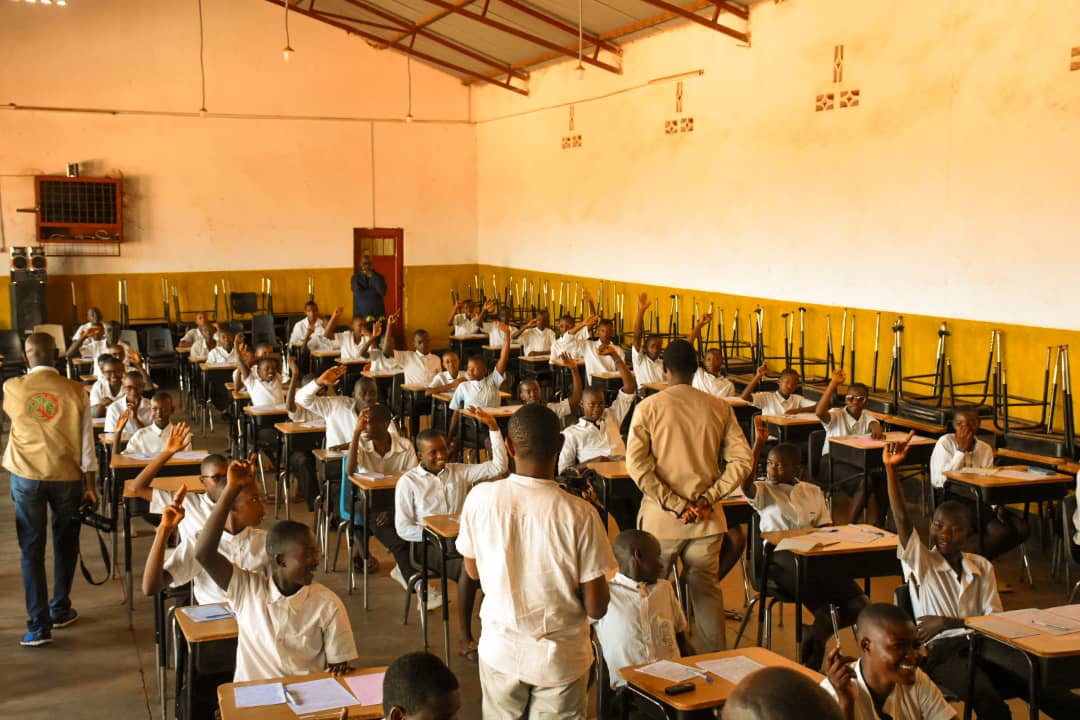
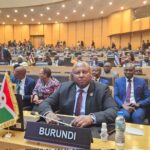
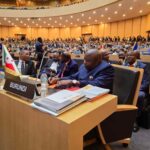
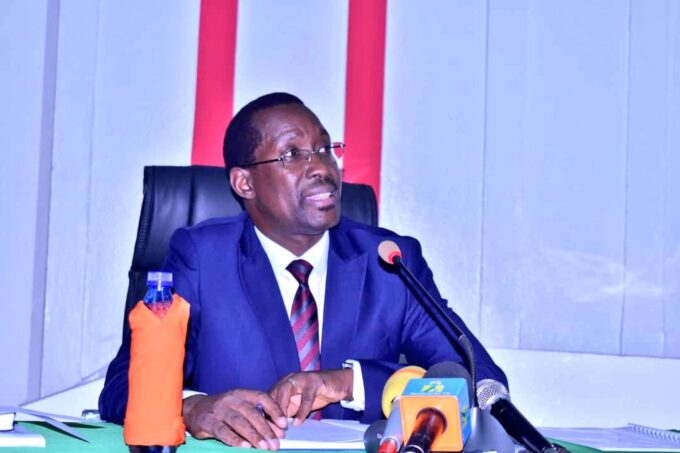
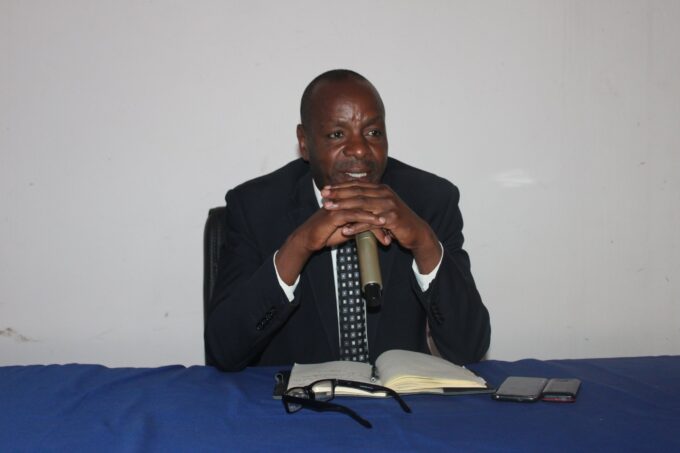
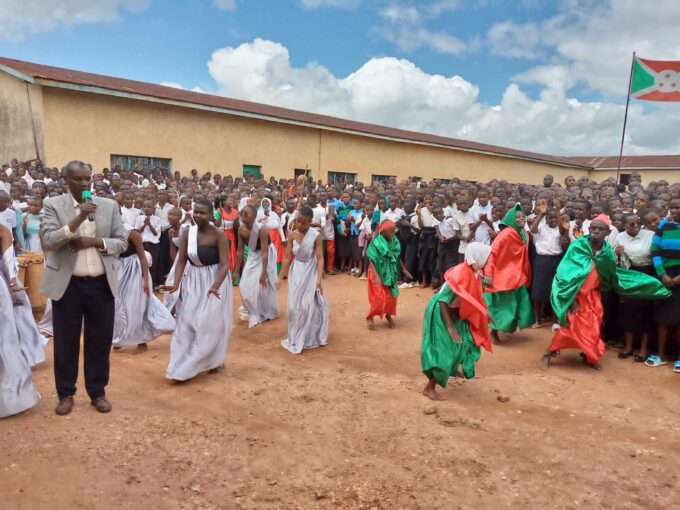
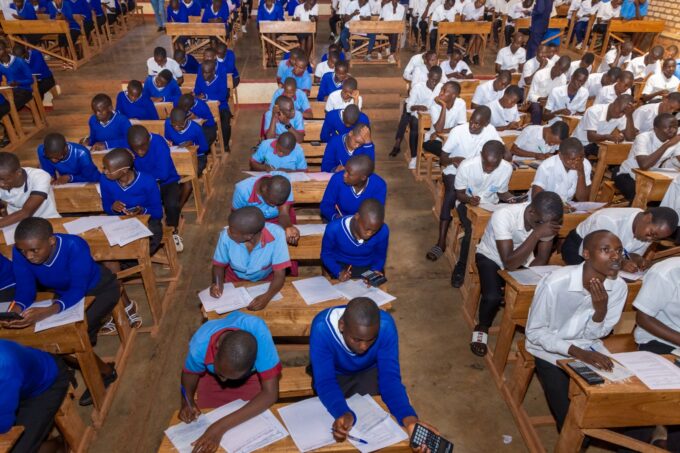
Leave a comment